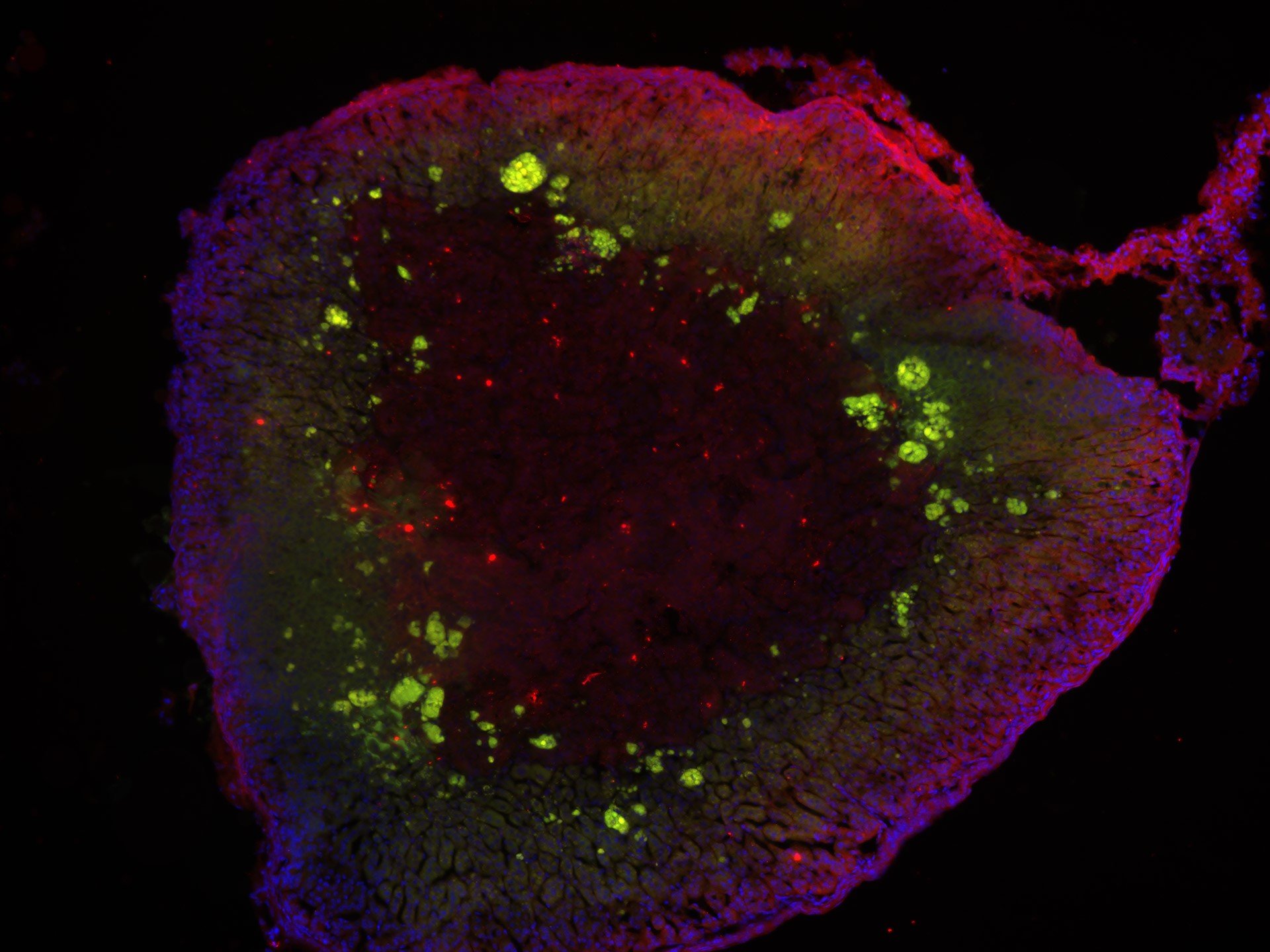
Welcome to The Moore Lab
Discover the
potential within
Embrace the journey of innovation, exploration, and growth. Uncover the mysteries of cellular dynamics and the impact of endocrine hormones on vital processes, such as aging.
Learn about our latest projects.
-
The adrenal gland is made up of two different progenitor cell types: adrenal cortical and adrenal medullary stem cells. We study how these stem cells interact to form the adrenal gland and aim to create neo-adrenal glands for transplantation into human patients.
-
Several important cell types exist in our skin’s dermal layer. In this project, we study progenitor cells in the skin and how they respond to stress and other endocrine hormones.
-
In this project, we examine DLK1+ progenitor cells around the body to understand how they change with age. We aim to reverse those age-related changes.
-
Pheochromocytomas and paragangliomas are rare tumors that secrete adrenaline. In this project, we study progenitor cells associated with these rare tumors and how they may contribute to malignant progression.
-
Adrenal cancer is rare, aggressive, and has limited treatment options. In this project, we study adrenal cancers using living patient-derived cells to study and cure adrenal cancer.
-
At the University of Rochester, we have an abundance of unusual Endocrine pathology. We developed a tissue, data, and tumor repository for the vast study of endocrine disease. With this powerful tool, we can answer complex clinical questions and back that data with real patient specimens and outcomes.
-
Hypoparathyroidism is a devastating condition that leads to chronically low blood calcium levels. In this project, we take a regenerative medicine approach to curing hypoparathyroidism.
-
The parathyroid glands are highly sensitive organs that control our blood calcium levels. In this project, we study how patient-reported outcomes measures (PROs) can lead to earlier detection of the disease and earlier referrals.
-
Pediatric endocrine diseases and cancer of the thyroid, parathyroid, and adrenal glands are rare. In this project, we investigate novel treatments for pediatric endocrine disease.

